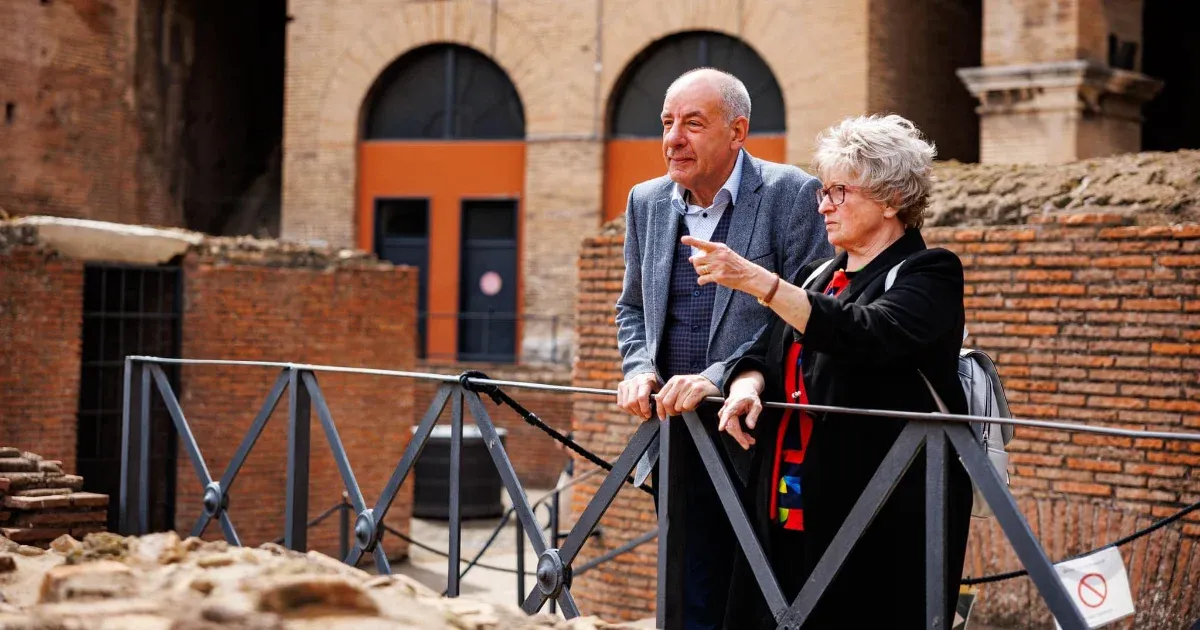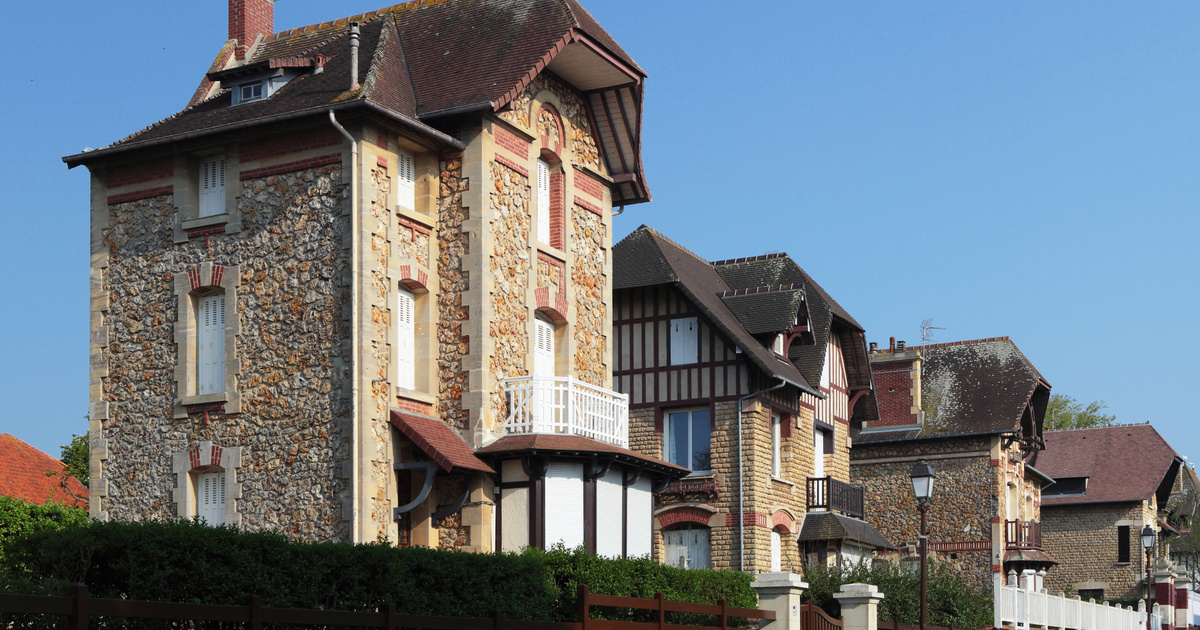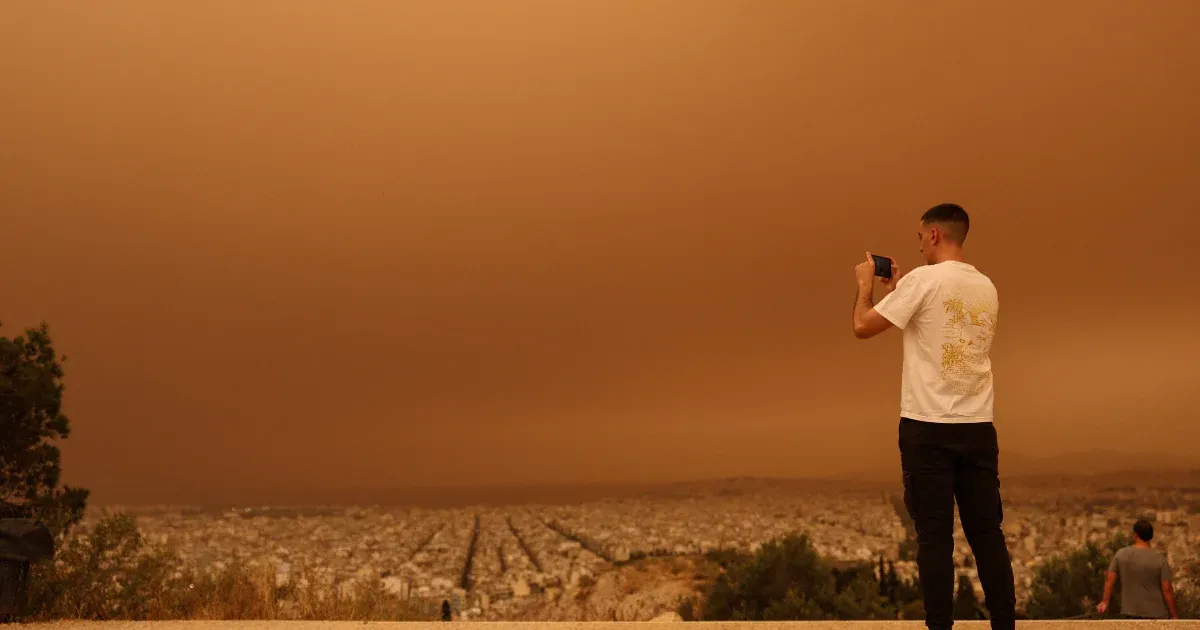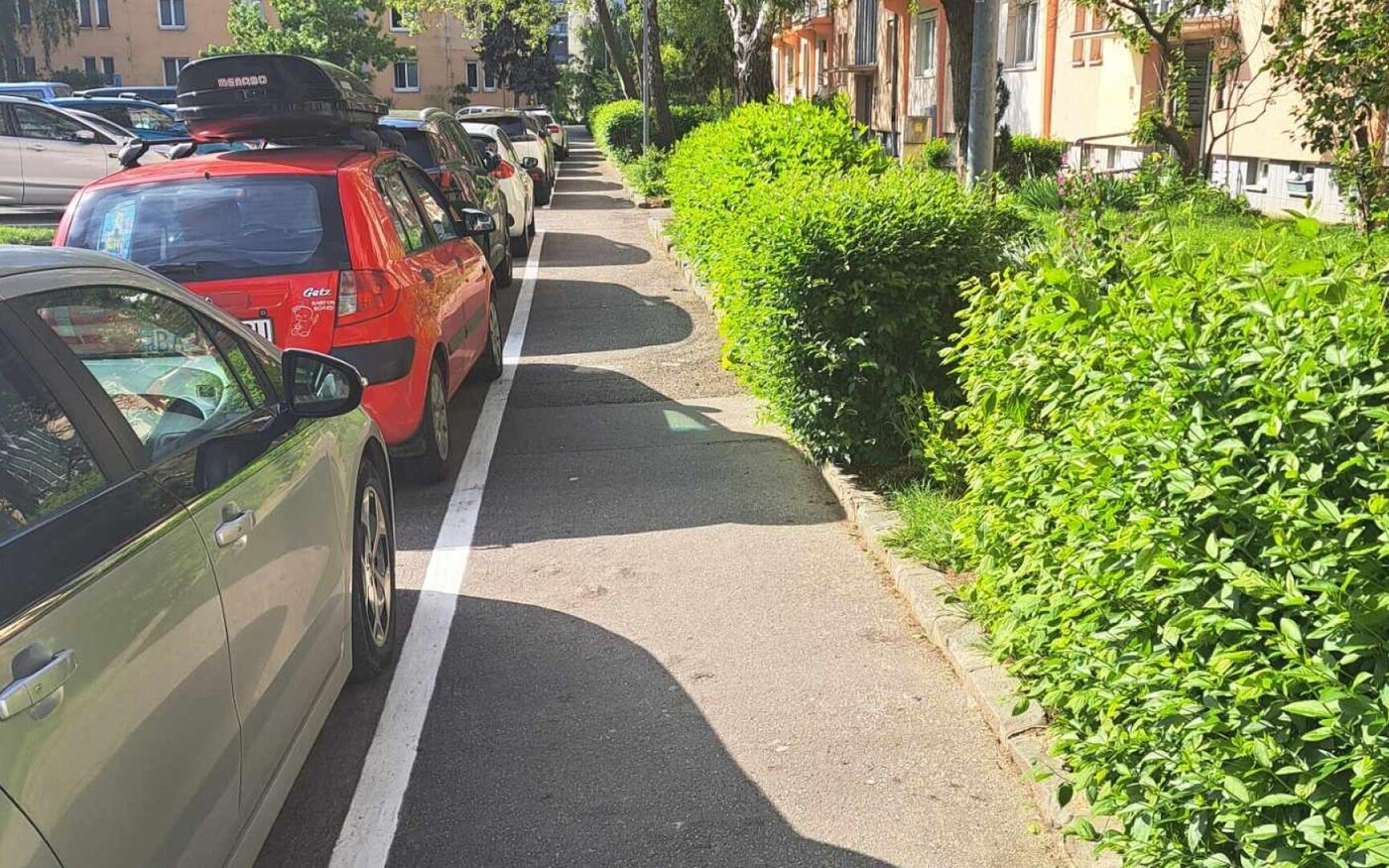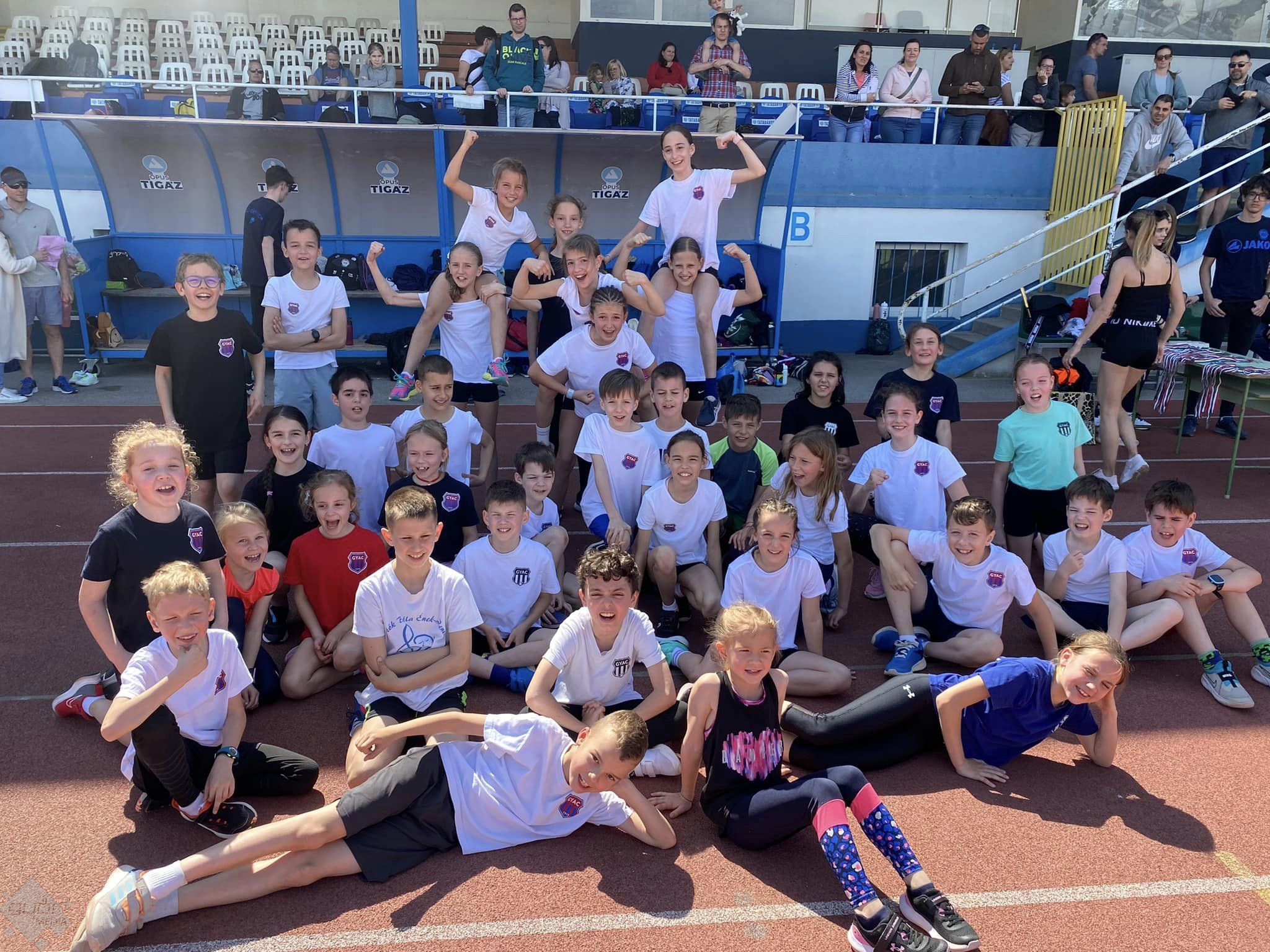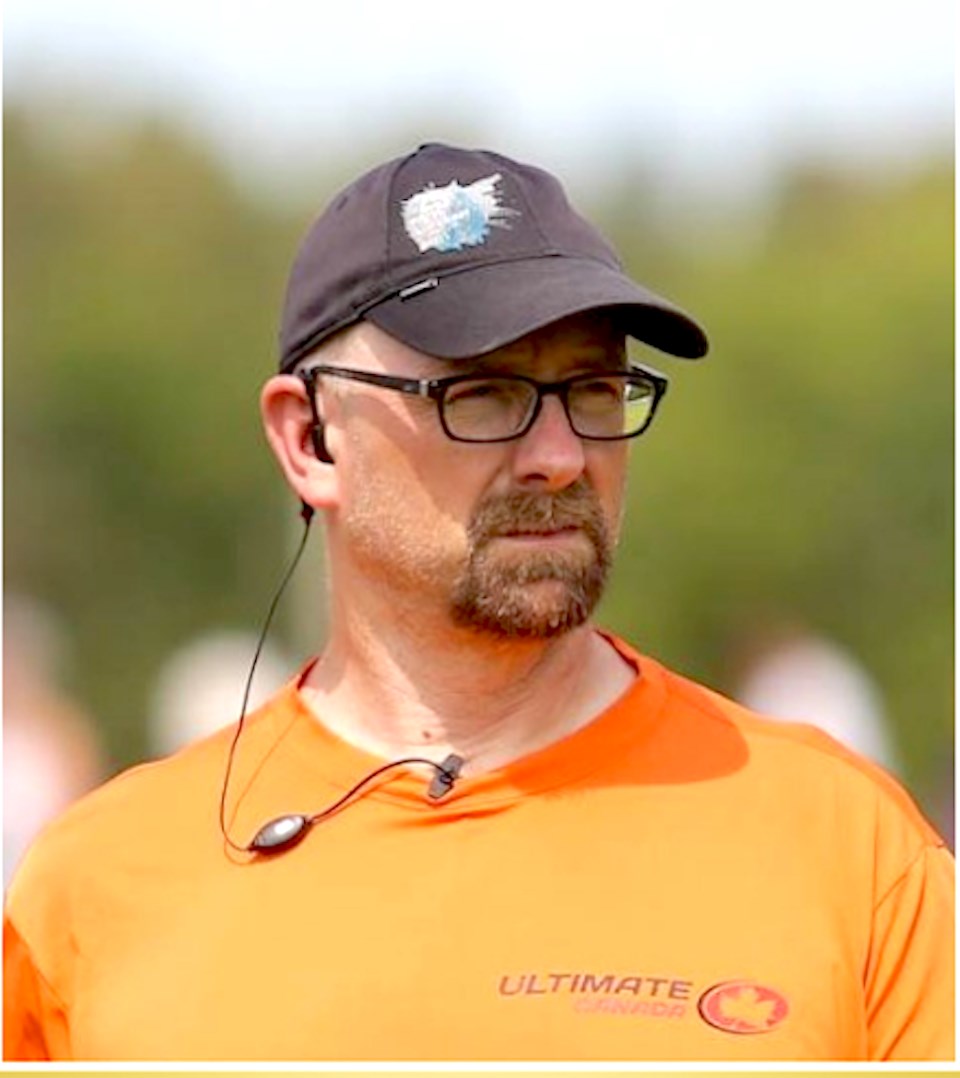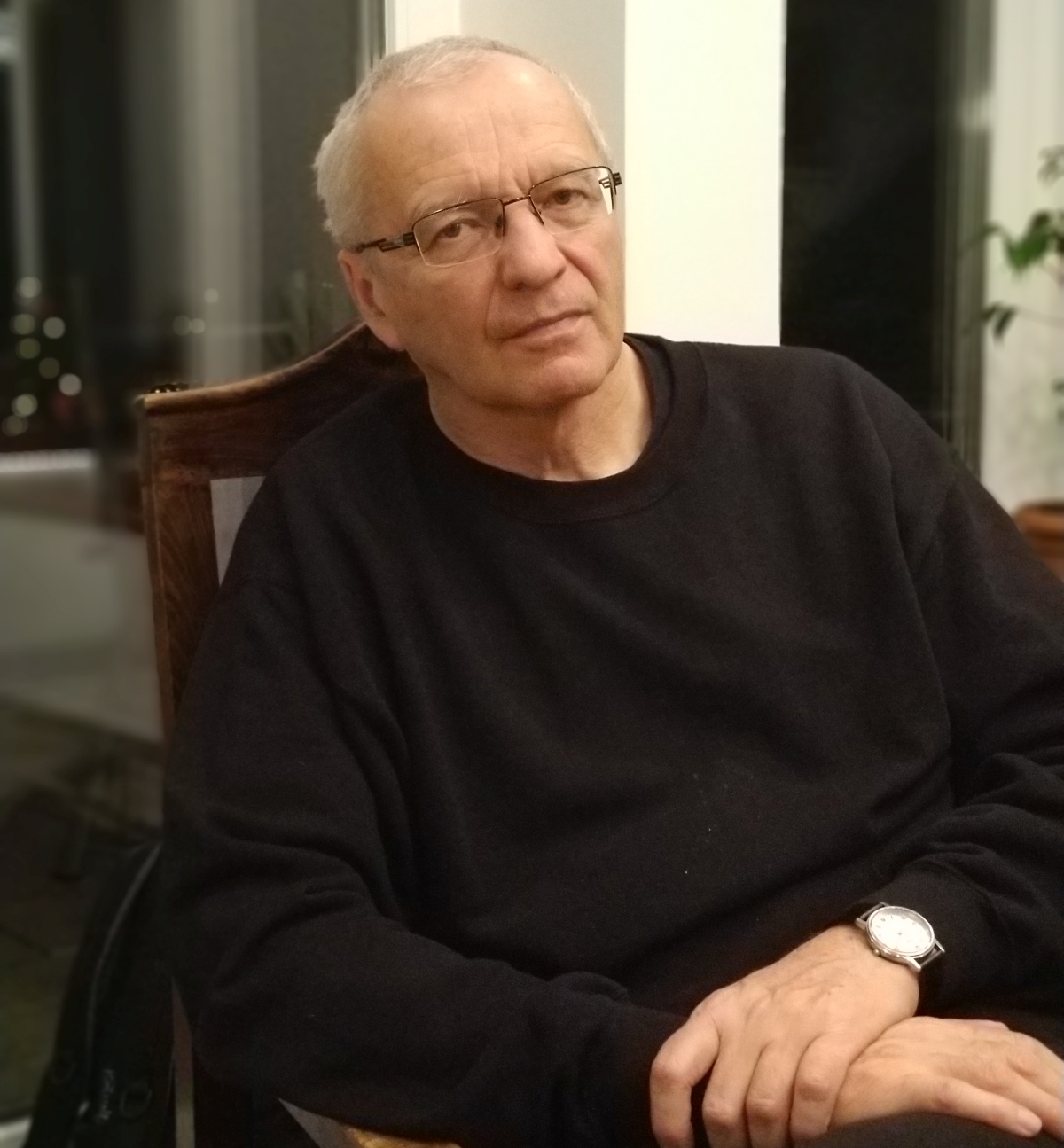The title of honorary citizen may be awarded year after year to a person associated with a particular city or settlement, who has contributed greatly to the enrichment of material or intellectual values and the reputation of the settlement through his efforts in the interest of the community. Among the predecessors of Mihály Szajbély, former Dean of Szeged University and founder of the Department of Communication and Media Studies, we include István Széchenyi, Lajos Kossuth, Kunot Klebelsberg or Katalin Karikó, which opened last year.
WR. : The internet says a lot about you, but to be an honorary citizen of Szeged, I think maybe it’s more special. This is correct? Did you expect that the work you have done for many decades will one day be recognized in some form?
s. M.: Yes, after receiving many professional awards, I have gained recognition in the city in which I have lived since I was ten, and it is the only place in Hungary today where I can imagine my life to be a great pleasure and a special honor. A prize I answered yes without hesitation when the mayor asked me if I would accept the proposal if the General Assembly supported it. I wouldn’t be with all the honor that way these days. For the second half of the question, my answer is simple: I didn’t expect it. My life in Szeged was what I did, apart from my years as a guest teacher abroad, and what I lived abroad, I tried to capitalize on here. But how can I get recognition from the city for this? I never thought of that.
WR. Poems, novels, short stories, newspaper articles, reports: they are all part and parcel of his life. How do you relate to texts? How do you see them?
s. M: My life was between texts. I am really glad to find someone whose reading gives me just as much forgotten joy as Robinson Crusoe, Swallows and Frusks in my teens, or Abel much later. Recently, Zoltan Danny’s novel about roses has caused such joy. Of course, one does not only read novels, and not only for pleasure. There are many types of text, from a formal letter to a text, and from a news site. They can all be well written and demanding, and they can be down-to-earth. What bothers me most is humility. We write a text, we get it, it disappears while it rains, it spouts. When we were still mailing our letters, we were more demanding. Of course SMS allows to go quickly, but if it is going really fast, the news that appears on the Internet portal can be fast. It’s not a big deal if the subject phrase is mismatched, or if a misspelling slips. It bothers me, sometimes I speak up when I know the journalist, but the fight seems hopeless.
WR: What do you think is the biggest communication error in Hungarian society?
s. M.: The fragmentation of information resulting from infinite choice in the field of communication is not only a Hungarian problem, but also a global one. Before the internet world, access to information was limited, which resulted in more people reading the same thing, watching the same TV, and listening to the same radio. There were so-called normative forums on the basis of which everyone formed their opinions. The New York Times, Neue Zürcher Zeitung, Le Monde, more can be said. There was a kind of general knowledge that was present and measurable, which made it easy to understand in the background even when we were arguing with each other. We press today, most people read what their acquaintances publish, we get along a lot with each other in our small subculture, we nurture each other for our truth, and whoever thinks differently, we see them as a thin-bodied enemy at worst. However, knowledge posts are more likely to come from sources where there is no keeper. Today, anyone can put anything on the Internet, even the biggest nonsense can be effectively posted. He has shown himself beautifully during the pandemic. And how difficult and unpredictable problems are. Another aggravating circumstance in Hungary is that media pluralism and public service have essentially been eliminated in the field of media reaching wider audiences. Once upon a time, to give an example, there was Nieps Abadsag and there was a Hungarian nation. Anyone who needed it went to the station in the morning, bought these two papers, got on the train in Szeged, and by the time he got to Pest he could embrace the holy gospel of both sides that day. He could not form his opinion by chance. There is no freedom for the people today. But there is no real public service television or radio either. The pluralism of traditional media—to put it simply: right, left, impartial public service—has vanished with one siren sound. There is also a lack of multi-tier programs for people of different tastes. Not only is this difficult to bear politically, but it is an assassination attempt on the mental integrity of the Hungarian citizens. Anyone who does not have the opportunity to look into it becomes intolerant. A fanatic is a patient. If an entire community falls ill, it can have dire consequences. And the problems with the online instructions just mentioned aggravate the situation.
WR. : He directs his career to see that everything is built on his calling. How does everything else fit into this? Family, friends and hobbies?
s. M .: I think that the life of an intellectual is always regulated by his profession. The day-to-day work that comes with it provides framework and security. For me, this framework has always been very loose: I have studied at university all my life, and have never worked part-time. As a result, on average, I definitely spent more than eight hours per day on professional issues. If only, for example, while kayaking on the Tisza or the Danube, or while at lengths in the pool, one does not necessarily shy away from his professional problems. In fact, sometimes ideas that might not have been born arise while sitting at the desk. But this does not mean, of course, that I go to Tisza or the pool to solve my professional problems. It’s just the bonus whether it’s there or not. But well-being after exercise is guaranteed. Feeling numb with a glass of wine after an all-day ride down the Danube. The relaxation that comes with slowing down is when I mow the lawn or trim and spray the trees. And then the garden will be beautiful and family, friends and acquaintances will come. My colleagues and students. And we talk seriously and slowly. We say that snails eat strawberries. And that Jókai loved gardening, he even had a fig tree in Svábhegy. And of course a career is only one step away, as Jókai’s novels say. We find a good voice, because solving literary history problems and chatting about them is just as refreshing to us as solving crossword puzzles for others. Perhaps this is our most important hobby for us.
WR: Finally, what would you like to pass on to the Szeged students?
s. M.: The joy of independent thinking and opinion-making, and the responsibility that comes with being a true educator.
(web radio)
Tags
Prof. Dr. Mihaly Zajbeli is an honorary citizen of Szeged






